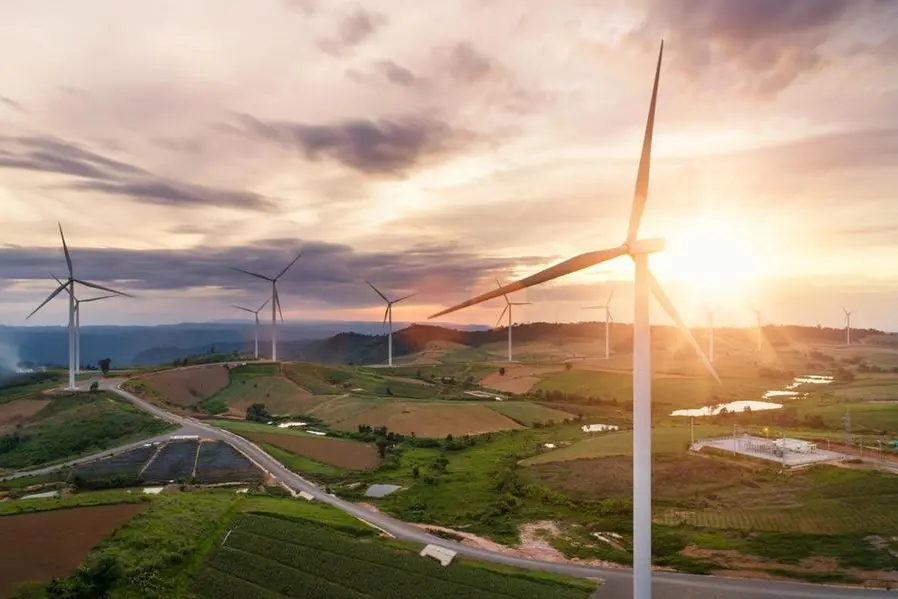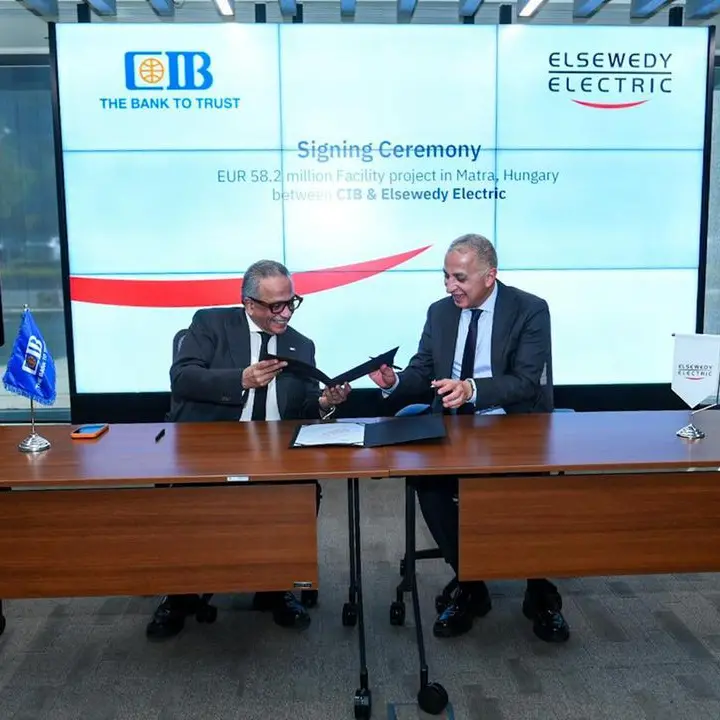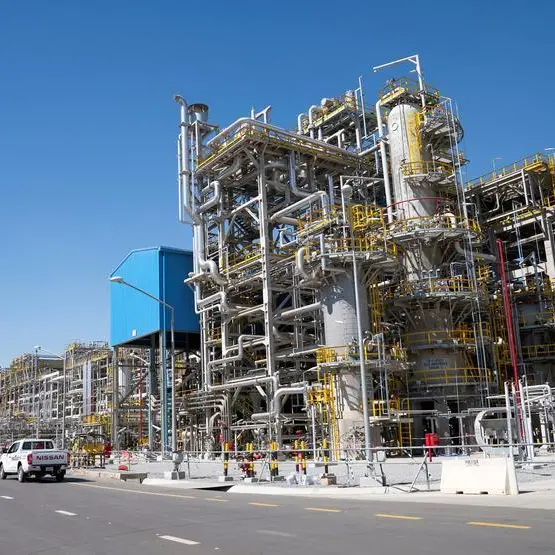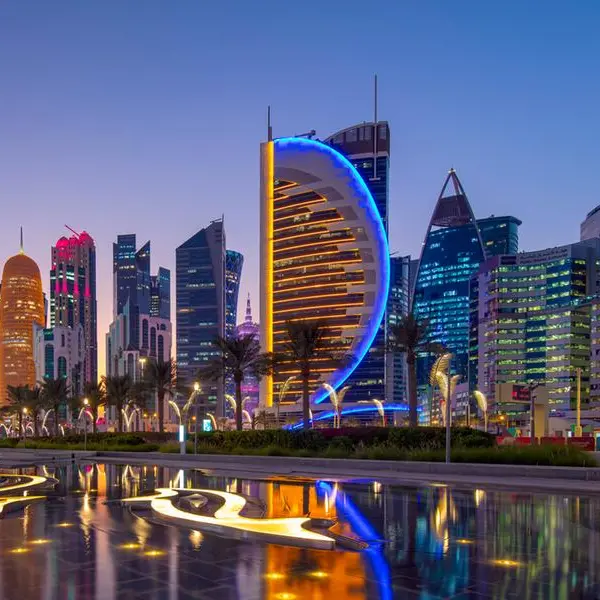PHOTO
Saudi Arabia’s Ministry of Energy has initiated a mega survey programme to identify sites rich in renewable energy resources in the Kingdom as part of the National Renewable Energy Programme (NREP).
State-owned Saudi Press Agency (SPA) reported on Tuesday that Saudi companies have been awarded contracts under the project to install 1,200 stations for measuring solar and wind energy resources across the Kingdom.
The report quoted Saudi Minister of Energy Prince AbdulAziz bin Salman bin AbdulAziz Al Saud as saying that survey will cover more than 850,000 square kilometres (sq. km) excluding populated areas, sand dunes, and restricted airspaces, and help identify the best sites for developing renewable energy projects.
In the first phase, the measuring stations will survey the designated areas to identify suitable sites. In the second phase, these stations will be installed on these sites to continuously provide the data for implementing renewable energy projects.
The solar stations will record Direct Normal Irradiance (DNI), Global Horizontal Irradiance (GHI), Diffuse Horizontal Irradiance (DHI), dust and pollutant deposition rates, ground-reflected radiation (albedo), ambient temperature, rainfall levels, relative humidity, and atmospheric pressure while the wind energy stations that will be installed at heights up to 120 metres will record wind speed and direction, ambient temperature, atmospheric pressure, and relative humidity.
The Minister said data collected would contribute to the allocation of land for renewable energy projects and expedite project execution by reducing the current waiting period of 18 to 24 months to obtain data. It will also facilitate the financing of these projects by local and international financial institutions since the availability of accurate data reduces project-related risks.
Saudi Arabia is targeting 50 percent share for renewable energy in its energy mix by 2030.
The energy minister revealed that starting this year, the Kingdom will tender new renewable energy projects with a capacity of 20 GW GW) annually, aiming to reach between 100 and 130 GW by 2030.
(Editing by Anoop Menon) (anoop.menon@lseg.com)
Subscribe to our Projects' PULSE newsletter that brings you trustworthy news, updates and insights on project activities, developments, and partnerships across sectors in the Middle East and Africa





















